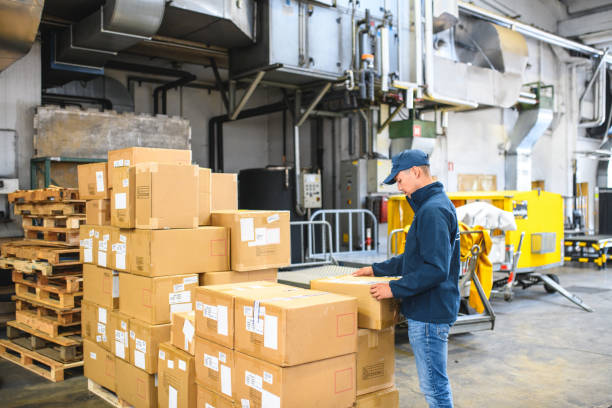
Introduction on how to import edible oils to Europe
- Why Europe is a booming market for edible oil imports
- Increasing demand for high-quality coconut, sunflower, peanut, and palm oils
- This guide is for food distributors, F&B importers, international wholesalers, and private-label brands
Understanding European Demand for Edible Oils
- Overview of edible oil consumption by country (Germany, Netherlands, France, Belgium)
- Most popular imports: sunflower, coconut, olive, palm oil
- Trends in health-focused, cold-pressed, and organic oils
- External source: Statista – EU edible oil import data
Step 1: Learn EU Import Regulations

- EFSA & EU Regulation 1169/2011 for food labeling and composition
- Required certifications: HACCP, organic (EU Bio), ISO, allergen declaration
- Traceability, food contact packaging, and lab testing standards
- External source: European Commission – Food Safety
Step 2: Choose a Certified Edible Oil Supplier

- Checklist: hygiene standards, sustainability, third-party audits, certificates
- How to verify supplier credibility and past EU import compliance
- Why Vanrobaeys Ludwig (Belgium) is trusted by EU distributors
Step 3: Manage Freight, Shipping & Documentation

- Incoterms explained: FOB vs. CIF vs. DDP
- Required import documents: commercial invoice, phytosanitary certificate, certificate of analysis
- Port logistics: Antwerp, Rotterdam, and Hamburg as EU entry points
Step 4: Handle Customs Clearance and Duties

- Understanding EU tariff codes (HS Codes for edible oils)
- VAT and customs calculation examples for food-grade oil
- The role of customs brokers and local import agents
Step 5: Distribute Edible Oils Within the EU

- Wholesale distribution, B2B partnerships, and online retail
- Repackaging rules for local compliance (language, nutrition facts)
- Shelf life, cold storage, and traceability obligations for importers
Pro Tips to Ensure Import Success
- Start with sample batch and third-party lab analysis
- Review supplier GMP, logistics SLA, and food defense policies
- Build import contracts with penalty clauses and product specs
Why Vanrobaeys Ludwig is a Top EU Edible Oil Supplier
- Centrally based in Belgium for seamless EU access
- EU-compliant production processes and documentation
- Cold-pressed, organic, and conventional options available
Frequently Asked Questions (FAQs)
1. What certifications are required to import edible oils to Europe?
You’ll need HACCP, ISO, and potentially EU Organic or Halal/Kosher certifications depending on the market and oil type.
2. Can I import small quantities of edible oils to test the market?
Yes, many suppliers offer MOQ (minimum order quantity) batches for sample or trial imports.
3. What are the most popular edible oils imported into Europe?
Sunflower, coconut, olive, and palm oil top the list in most European markets.
4. How long does customs clearance typically take in the EU?
It can range from 1 to 5 working days, depending on documentation, product origin, and port.
5. What are the main import duties for edible oils?
Import duties vary based on HS code and oil type, but most food-grade oils are subject to 0–10% tariff plus VAT.
6. What ports are best for importing edible oils into Europe?
Rotterdam (Netherlands), Antwerp (Belgium), and Hamburg (Germany) are top entry points.
7. Do I need a local distributor or can I sell directly in Europe?
You can do both—however, using a local distributor or agent can help ensure market compliance and faster scaling.
Conclusion
- Recap of import process steps: regulation, sourcing, customs, distribution
- Encourage readers to contact Vanrobaeys Ludwig for EU-compliant supply
- CTA: Request a quote or speak with an import consultant today